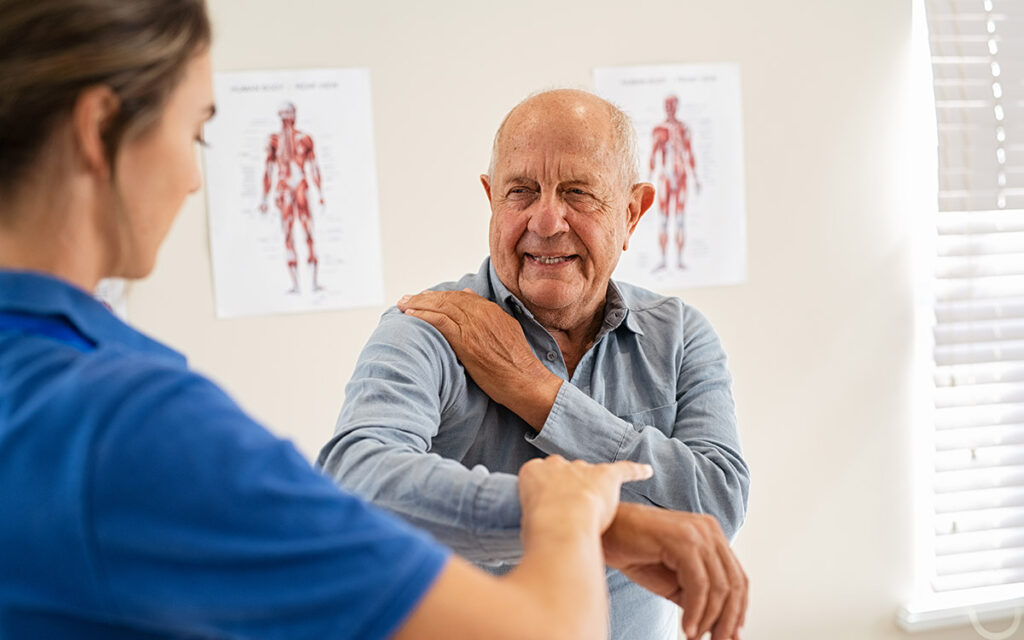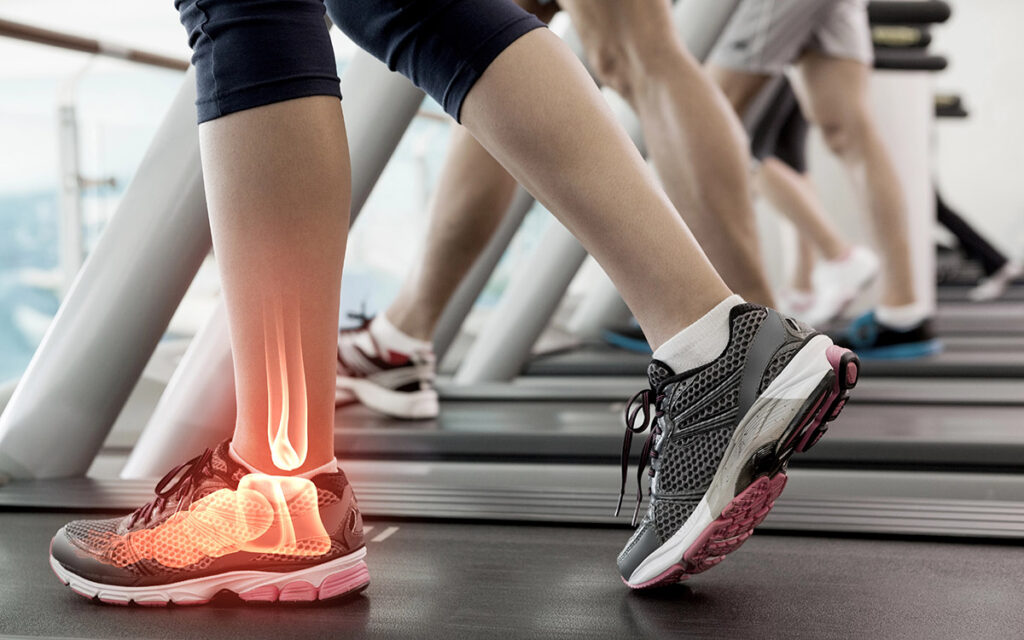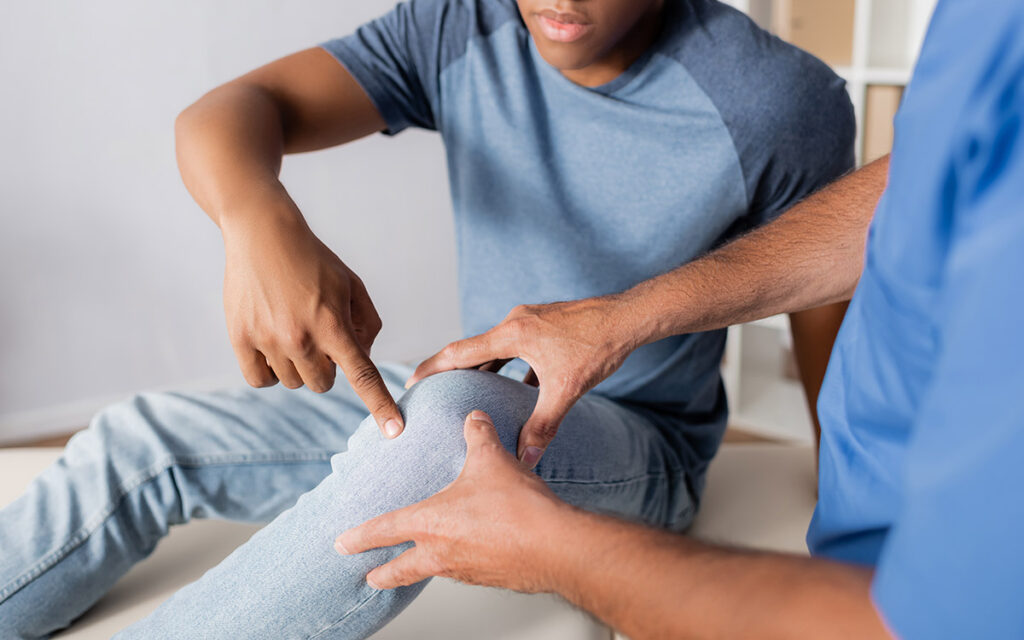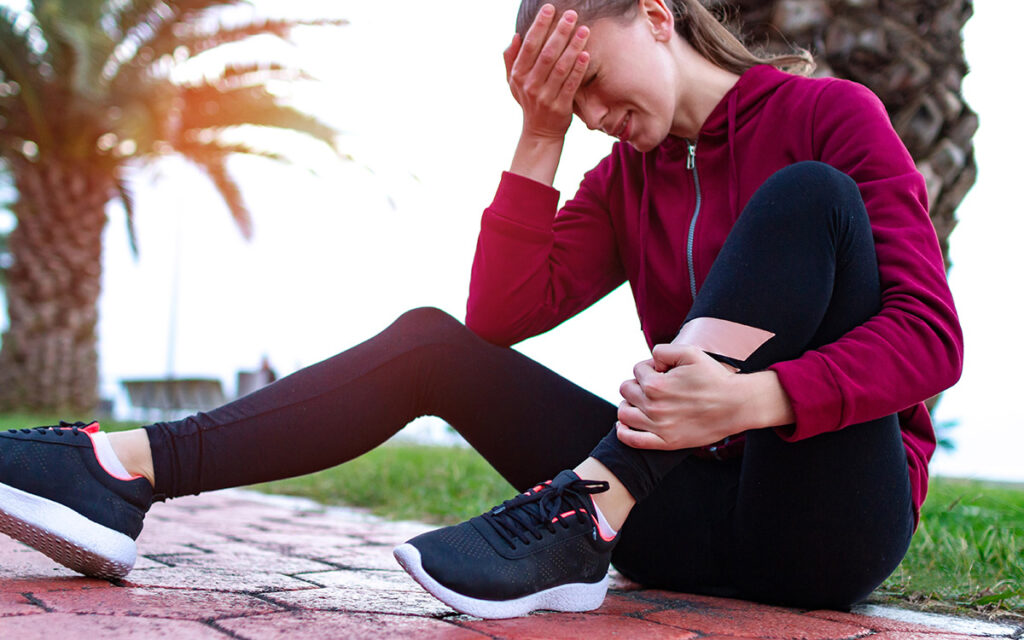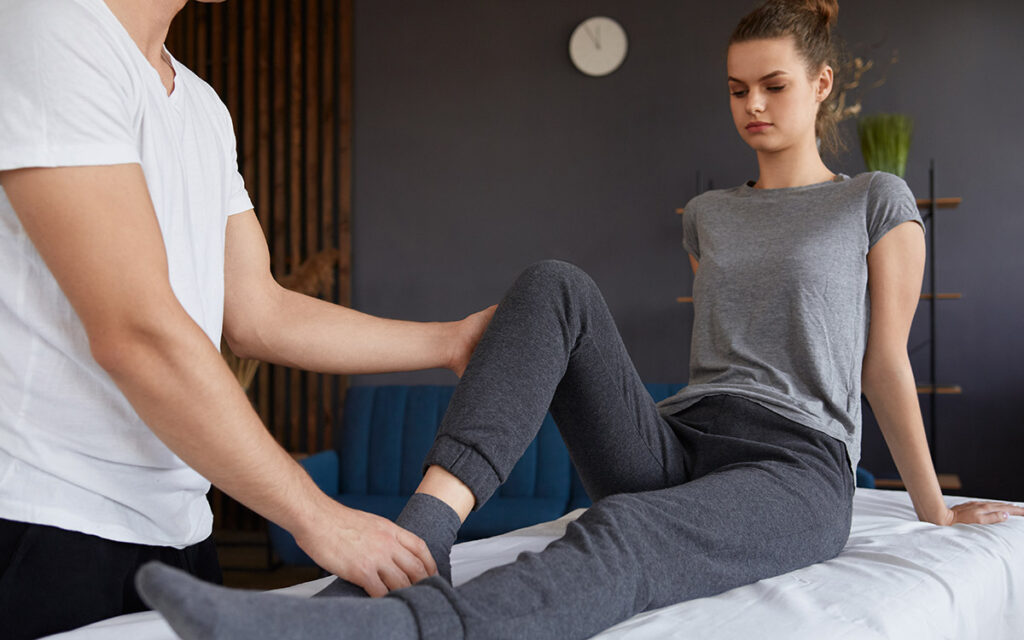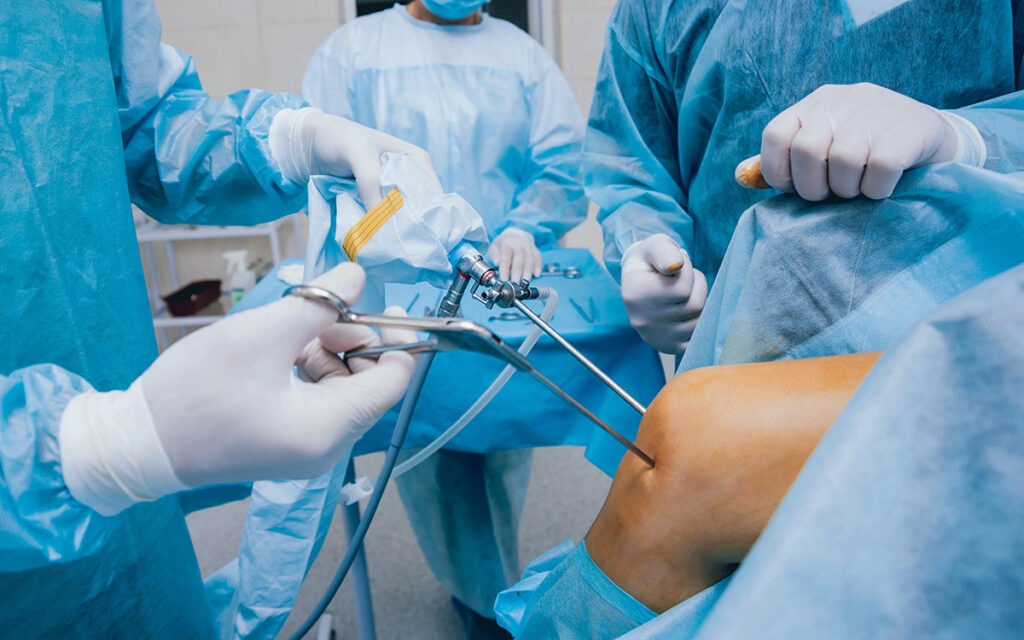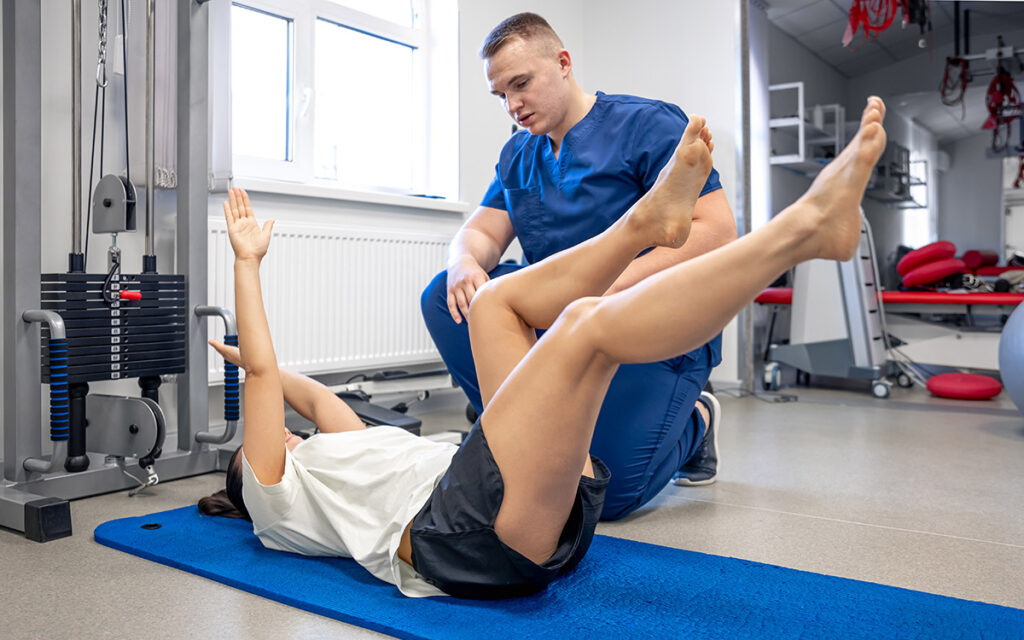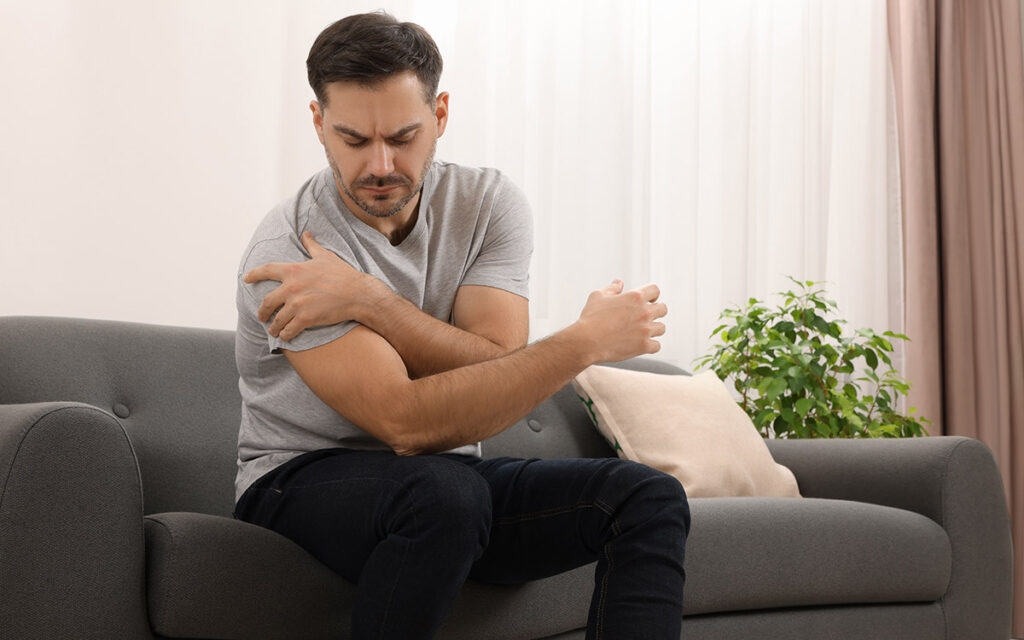Injuries can be life-altering, especially when they impact mobility and daily activities. Whether it’s a sports-related injury, joint replacement, or an unexpected accident, orthopedic care plays a crucial role in ensuring a smooth recovery. Did you know that recovery from orthopedic surgery can be optimized by following a few key steps? In this guide, we’ll explore how to accelerate your healing journey and ensure a successful recovery.
The path from injury to recovery can seem daunting, but with the right orthopedic care and rehabilitation plan, you can navigate the process more effectively. This guide will provide practical insights into the recovery process and expert tips to promote healing, manage pain, and help you return to your daily activities more quickly.
The Role of Orthopedic Care in Your Recovery Journey
Orthopedic care encompasses a wide range of treatments aimed at restoring joint function, improving mobility, and preventing future injuries. Whether you’re recovering from an orthopedic injury or undergoing orthopedic surgery, a personalized recovery plan is essential to your success.
Understanding Your Injury
Consulting with an orthopedic injury doctor in Corona or Newport Beach is the first step in the healing journey. They assess the severity of the injury and tailor a recovery plan to meet your unique needs. Understanding your condition is crucial, as each orthopedic injury involves specific treatments and rehabilitation exercises.
For instance, a knee injury may require:
- A detailed injury assessment by an orthopedic specialist
- Prescribed physical therapy to strengthen muscles and restore range of motion
- Regular follow-ups to ensure the recovery process is on track
By understanding orthopedic injuries and their specific recovery needs, you take an active role in your healing process.
Key Factors That Impact the Recovery Process
Physical therapy and proper rehabilitation are just two examples of the factors that affect how quickly someone recovers from orthopedic surgery or an injury. Whether you’re healing from a joint replacement or recovering after orthopedic surgery, the following key elements play a significant role in achieving optimal health.
Rehabilitation and Physical Therapy
Physical therapy sessions are crucial in restoring strength, improving joint health, and increasing your range of motion. A healthcare professional will guide you through rehabilitation exercises tailored to your injury, ensuring that you are progressing at the right pace. Physical therapy also reduces the risk of re-injury and helps you regain mobility.
Here are some essential components of physical therapy for orthopedic recovery:
- Strength training to support joint health
- Range of motion exercises to improve flexibility
- Swelling reduction techniques to promote healing
Proper Nutrition and Hydration
The role of nutrition in orthopedic recovery is often underestimated. A diet rich in vitamins and minerals, along with proper hydration, supports healing and reduces inflammation. Foods rich in omega-3 fatty acids, such as salmon and walnuts, play a crucial role in reducing swelling and promoting faster recovery. Additionally, consuming foods rich in vitamins and minerals like vitamin C and calcium can strengthen bones and tissues, speeding up your overall recovery.
By combining rehabilitation with proper nutrition, you can positively impact the recovery time and ensure that your body has the resources it needs to heal efficiently.
Expert Tips for a Successful Recovery
Recovery from an orthopedic injury or surgery requires patience, but there are steps you can take to ensure a faster, more effective recovery. Below are expert tips to guide you through the process:
Listen to Your Body and Manage Pain
It’s important to listen to your body throughout the recovery period. Overexertion can hinder your ability to heal, so pace yourself and follow your doctor’s guidelines closely. Using over-the-counter pain relievers as prescribed can alleviate pain and reduce swelling, making your rehabilitation more manageable. Don’t hesitate to reach out to your orthopedic specialist if you’re experiencing unexpected pain or discomfort.
Stay Consistent with Your Recovery Plan
Following the recovery plan your orthopedic surgeon or injury doctor has created is crucial to a successful recovery. Attend all physical therapy sessions, follow up with your healthcare provider, and take an active role in your healing journey. Tailored treatment plans that include regular assessments and adjustments are key to a smooth recovery.
Prevent Future Injuries
As you recover, focus on preventing future injuries by maintaining a healthy lifestyle and continuing strength training. Activities that improve joint function and enhance muscle strength will help reduce the risk of re-injury, especially for athletes and individuals recovering from sports injuries.
Conclusion: Supporting Your Orthopedic Recovery
Orthopedic care is a multi-faceted process that involves more than just surgery. By incorporating rehabilitation, nutrition, physical therapy, and pain management, you can significantly improve your recovery from orthopedic injuries. Whether you’re recovering from orthopedic surgery or managing a sports-related injury, taking the right steps can expedite your healing journey.
Remember, the support of an orthopedic injury doctor, physical therapy, and a consistent recovery plan will help you achieve a successful recovery. As you progress, continue focusing on your overall health to prevent future injuries and improve your quality of life.
FAQ’s
How long does recovery from orthopedic surgery take?
The recovery time from orthopedic surgery varies depending on the type of surgery and the patient’s overall health. For minor procedures, recovery may take a few weeks, while more extensive surgeries, such as joint replacements, can take several months.
What role does physical therapy play in orthopedic recovery?
Physical therapy plays a crucial role in orthopedic recovery by helping patients regain strength, flexibility, and joint function. It also reduces the risk of re-injury and aids in faster recovery.
Can proper nutrition speed up the recovery process?
Yes, proper nutrition, especially foods rich in omega-3 fatty acids and vitamins, can support healing, reduce inflammation, and strengthen bones and tissues, promoting a faster recovery.
How can I prevent future orthopedic injuries?
To prevent future orthopedic injuries, focus on strength training, maintaining a healthy lifestyle, and engaging in physical activities that promote joint health. Regular check-ups with your orthopedic specialist can also help monitor your recovery and prevent re-injury.
